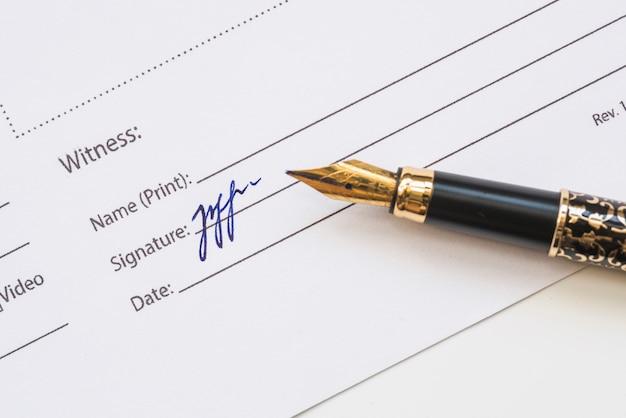
In the realm of legal proceedings, expert witnesses play a pivotal role in offering specialized knowledge and insights that help to decipher complex technical matters. In the domain of mechanical engineering, these expert witnesses provide invaluable guidance to courts and juries by explaining intricate engineering concepts, analyzing evidence, and presenting unbiased opinions. This article delves into the significant role that expert witnesses in the field of mechanical engineering play within the legal landscape.
The Expert Witness: Defined and Demanded
An expert witness is an individual with profound knowledge, experience, and qualifications in a specific field, in this case, mechanical engineering. They are called upon to provide their expert opinions during litigation, shedding light on technical aspects that may be beyond the comprehension of the average person.
- The Demand for Expert Witnesses
The demand for expert witnesses: mechanical engineering arises from the increasingly complex nature of modern technology and machinery. Courts recognize that these cases necessitate insights from those with specialized knowledge to ensure a fair and informed legal process.
Navigating Complex Technicalities
- Interpreting Technical Evidence
One of the key roles of an expert witness in mechanical engineering cases is to interpret technical evidence. They meticulously analyze blueprints, schematics, and other technical documents related to the case. Through their expertise, they can decipher the nuances of these documents and present their findings in a clear and understandable manner to the court.
- Reconstructing Incidents
In cases involving accidents or failures of mechanical systems, expert witnesses play a critical role in reconstructing the events leading to the incident. By analyzing available data and utilizing their engineering acumen, they can provide insights into the sequence of events, the potential causes of failure, and whether it was due to design flaws, manufacturing defects, or other factors.
Impartiality and Objectivity
- The Role of Impartiality
Expert witnesses are ethically bound to be impartial and objective. Their duty is to provide unbiased opinions based on their expertise, regardless of which party has engaged them. This commitment to impartiality enhances the credibility of their testimony and ensures a fair evaluation of the case.
- Countering Biases and Misconceptions
In many legal proceedings, jurors and judges might lack a deep understanding of mechanical engineering concepts. Expert witnesses bridge this knowledge gap by countering biases and misconceptions that could arise from incomplete or inaccurate information. By presenting well-founded explanations and evidence, they contribute to a more informed decision-making process.
Strengthening Legal Arguments
- Expert Witnesses as Consultants
Before trials commence, expert witnesses often act as consultants for legal teams. Their insights help lawyers comprehend the technical intricacies of the case, enabling them to build stronger arguments. Expert witnesses collaborate with legal professionals to formulate strategies that leverage their technical knowledge effectively.
- Providing Credible Testimonies
During trials, expert witnesses present their opinions as testimonies. These testimonies can significantly impact the outcome of a case. Judges and jurors rely on the credibility of the expert witness to make informed judgments. Their ability to communicate complex ideas clearly and persuasively is instrumental in influencing the direction of the case.
Conclusion
In the modern legal landscape, expert witnesses in mechanical engineering cases serve as bridges between the intricate world of technology and the legal system. Their proficiency in deciphering technical evidence, offering impartial opinions, and strengthening legal arguments makes them indispensable assets in litigation. As technology continues to advance, their role will only become more critical in ensuring the fair and just resolution of disputes involving mechanical engineering matters.




